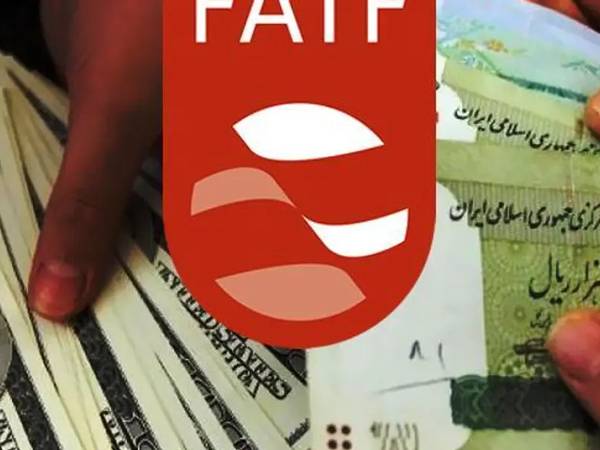Despite discussions around Iran's potential accession to the Financial Action Task Force (FATF), the country must do more to attract foreign investment, the head of the country's chamber of commerce has said.
The Secretary-General of the Iranian Committee of the International Chamber of Commerce (ICC), Mohammad Khazaei, emphasized that Iran's performance in luring foreign investors has been lackluster, and the statistics on foreign investment currently publicized may not be accurate.
In recent years, Iran has been placed on the financial watchdog's 'blacklist' for failing to comply with transparency standards and international conventions aimed at preventing money laundering and the financing of terrorism.
In an interview with an ILNA, Khazaei highlighted that while the quality of financial transfers through banking networks, and issues such as FATF and SWIFT, are significant, they are not the only barriers to foreign investment in Iran.
He noted that Iranian traders often express frustration over difficulties in financial transactions or their inability to receive funds from international banks, forcing them to use exchange offices instead.
FATF identifies problematic and high risk countries in terms of financial dealings. It lists countries, “with serious strategic deficiencies to counter money laundering, terrorist financing, and financing of proliferation".
Khazaei explained, "However, issues like FATF, SWIFT, and banking transactions are just one aspect of foreign investment. In attracting foreign investors, various other factors must also be considered and addressed, such as the security of the political environment, judicial and legal security, guarantees provided by governments and investees to foreign investors, and ensuring the return of the principal investment and its profit."
The Financial Action Task Force (FATF) is an international organization established by the G7 member countries to safeguard the international financial system. Its recommendations influence banking policies in most countries and guide businesses aiming to protect their own integrity and reputations. Consequently, Iran's status on the FATF blacklist has had a significant negative impact on its international banking operations.
He pointed out that even if Iran resolves its issues with FATF, it does not guarantee a surge in foreign investments, as other critical obstacles remain. For instance, previous foreign investments in Iran's renewable energy sector have faced challenges. Khazaei recounted instances where the Central Bank of Iran failed to provide the necessary foreign currency to pay agreed profits to investors, or where the national electricity company, Tavanir, could not pay for purchased electricity, highlighting domestic inefficiencies as major deterrents to foreign investment.
The former head of the Investment and Technical and Economic Assistance Organization of Iran stressed the importance of fulfilling commitments to attract foreign investment. "Fulfilling commitments in attracting foreign investment is crucial, and in this regard, the government must implement the guarantees given to foreign investors. One guarantee is that the investor should be able to convert and transfer their profits out of the country," Khazaei stated.
He also emphasized the need for stable laws, political security, social security, and stable exchange rates to attract investment.
Mehdi Hosseini, an energy expert, echoed similar sentiments in another interview with ILNA, critiquing Iran's current diplomatic stance. He argued that Iran's focus should not be exclusively on either the West or the East but should instead maintain a balanced approach.
Iran, under the rule of Ali Khamenei, a staunch anti-West cleric, has strengthened its ties with Russia, providing drones and possibly other weapons for Moscow's war against Ukraine. Additionally, Iran has been attempting to expand economic relations with China; however, Beijing has approached these efforts cautiously due to American economic sanctions on Iran.
The Biden administration, along with European powers, has expressed deep concern over Iran's expanding military ties with Russia. They have stated that any resumption of nuclear talks with Tehran is contingent upon Iran altering its policy of supplying weapons to Moscow in its war on Ukraine.
Hosseini highlighted Russia's weak economy and expressed doubt if Iran can benefit anything by close economic ties with Moscow. He pointed out that despite Iran's attempts to engage with China, no significant investments have materialized, largely due to China's cautious stance given US sanctions on Iran.
Hosseini questioned the efficacy of Iran's current foreign policy, stating, "In all these long years with numerous resolutions passed against us at the UN, where have China and Russia been? Have they vetoed the resolutions?"
He suggested that Iran needs to reassess its policy and strive for a balanced relationship between East and West to effectively attract foreign investment and secure economic growth.
He said that focusing solely on the East, especially Russia and China, is "an unbalanced policy that makes us dependent on countries from which we gain nothing, even if they have positive intentions".
